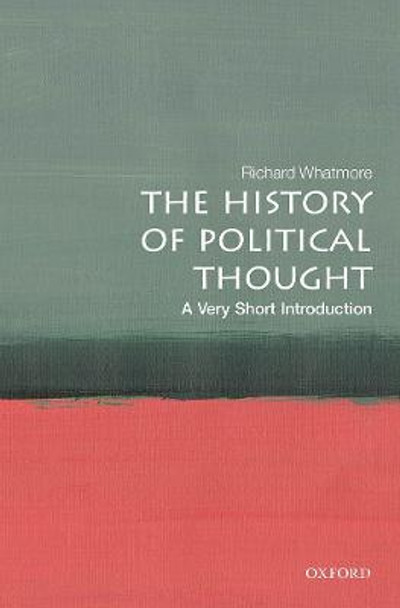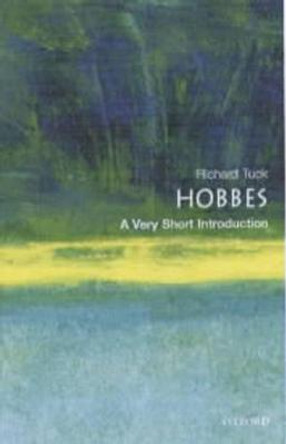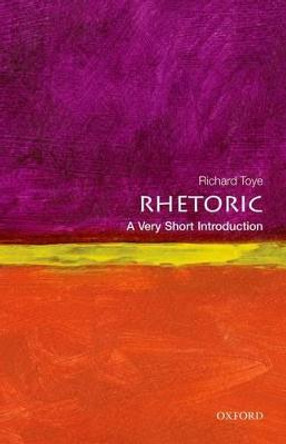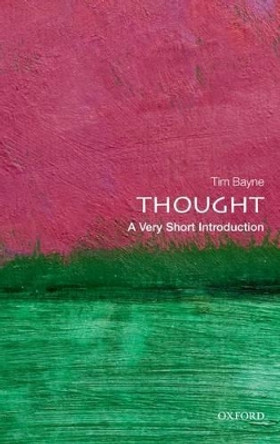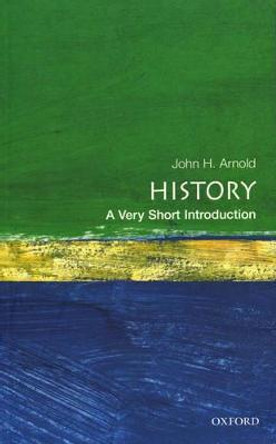Thinking about politics has tended to be historical in nature because of the comparisons and contrasts that can be drawn between past and present. Different periods in politics have used the past differently. At times political thought can be said to have been drawn directly from the study of history; at others, perhaps including our own time, the relationship is more indirect. This Very Short Introduction explores the core concerns and questions in the field of the history of political thought. Richard Whatmore considers the history of political thought as a branch of political philosophy/political science, and examines the approaches of core theorists such as Reinhart Koselleck, Strauss, Michel Foucault, and the so-called Cambridge School of Quentin Skinner and John Pocock. Assessing the current relationship between political history, theory and action, Whatmore concludes with an analysis of its relevant for current politics. ABOUT THE SERIES: The Very Short Introductions series from Oxford University Press contains hundreds of titles in almost every subject area. These pocket-sized books are the perfect way to get ahead in a new subject quickly. Our expert authors combine facts, analysis, perspective, new ideas, and enthusiasm to make interesting and challenging topics highly readable.
About the AuthorRichard Whatmore is a Professor of Modern History and Co-Director of the Institute of Intellectual History at the University of St. Andrews. He is the author of Republicanism and the French Revolution (OUP, 2000); Against War and Empire (Yale, 2012); What is Intellectual History? (Polity, 2015); and Terrorists, Anarchists and Republicans (Princeton, 2019).
Book InformationISBN 9780198853725
Author Richard WhatmoreFormat Paperback
Page Count 160
Imprint Oxford University PressPublisher Oxford University Press
Weight(grams) 130g
Dimensions(mm) 175mm * 114mm * 8mm

